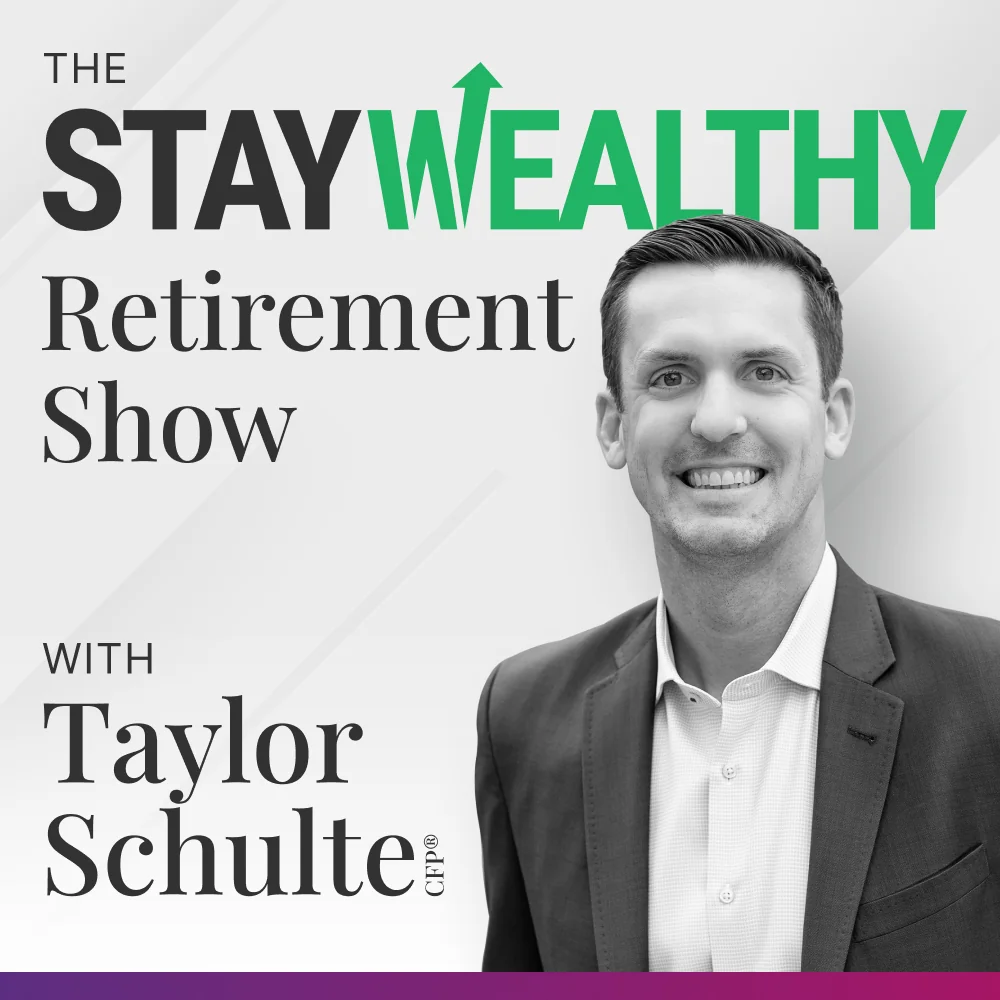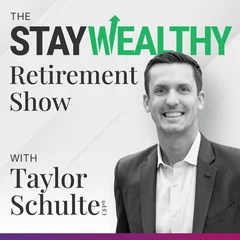It’s easy to believe you’ll always be in great health, but the truth is, none of us knows what the future brings. You may be in great shape today but find yourself gravely ill or disabled within a few weeks.
This change of events would inevitably muck up your retirement plans, and a loss in income could even leave you scrambling to keep up with regular bills.
That’s where disability insurance kicks in.
This type of coverage can replace part of your income when you become sick or disabled and unable to work. Disability insurance isn’t typically “cheap” per se, but it can be well worth it for the peace of mind alone – and even more valuable if you ever need to file a claim.
Today we’re going to talk about how this insurance works, what to look for in a policy, and why getting a free policy from your employer doesn’t mean you’re truly protected. We’ll also talk about why you could need disability coverage in the last few years of your career.
Listen to today’s podcast episode by clicking on the links below:
How to Listen to Today’s Episode
Episode Links & Resources:
- 👉 Get Your One-Time Retirement Plan
- PolicyGenius [disability insurance comparison site]
- A.M. Best Company [insurance ratings company]
- What is Own-Occupation Disability Insurance? [Blog post]
- How Does a Disability Insurance COLA Benefit Rider Work? [Blog post]
- Noncancellable Insurance Policy [Blog post]
- Partial Disability Benefits [Blog post]
Every Reason You May Need Disability Insurance – Even If You Don’t Want to Buy It
In its most basic form, disability insurance is meant to replace a portion of your income in the event you can no longer work – usually up to 66%. You may be wondering why you would pay for coverage that doesn’t replace 100% of your paycheck, but disability insurance just isn’t set up that way. This type of insurance can protect you from financial calamities that occur when you’re injured or become disabled, but it’s not necessarily made to replace every penny you earned during your working years.
At my firm, we like to refer to disability insurance as “paycheck insurance.” This is based on the fact that disability coverage replaces your paycheck in the event you no longer earn one.
If you’re approaching retirement especially, you may be wondering if you even need coverage that is meant to replace a paycheck you won’t be getting a few years from now. If your retirement horizon is fairly short, you might just expect to go ahead and retire early if you become sick or hurt.
For the most part, whether or not you need disability insurance as you approach retirement really depends on three factors – how much you plan to save for retirement during your remaining working years, the size of that future savings when compared to your existing nest egg, and your spending habits.
In short, if you have a huge nest egg because you’ve saved a lot of money for retirement and you really don’t see yourself saving more money over the next few years, then disability insurance is one kind of coverage you can probably skip.
However, the average 401(k) balance for individuals ages 50 to 59 is only $160,000 according to Fidelity! Given that data, most Americans simply don’t have the luxury of taking a chance with their income as they approach retirement. In case you were wondering, the average 401(k) balance for individuals ages 60 to 69 is only $182,000. That’s pretty bad, and not nearly enough!
If you’re like most Americans and you’re behind the eight ball with retirement savings, a long-term disability insurance policy could mean the difference between enjoying a comfortable retirement or truly struggling to get by. A sudden illness or freak accident could absolutely crush your retirement plans if you don’t make sure your income is protected properly, and whether you have adequate disability coverage will determine where the chips fall.
What About Your Spending?
While buying a disability insurance policy should be a no-brainer when you need to ramp up your savings over the last few years of your career, what happens when you do have the money you need to retire – but your spending habits aren’t that great?
I recently ran into a situation like this with an engineer I was advising. This client came into a seven-figure windfall of cash that should have been more than enough money to retire and never work again. The thing is, his spending habits were so horrendous that there was no way the money would last long enough.
You may be wondering why this client wouldn’t just cut his spending and learn to live on a budget. For some people, the prospect of changing lifelong habits isn’t very realistic.
For this client and others like him, working a few more years was needed just to stay afloat. I also suggested that this client buy a robust disability insurance policy since it could replace his much-needed paycheck in the event injury or illness prevented him from working as long as he really should.
What You Should Know About Disability Insurance Offered by Employers
If you think you’re a prime candidate for long-term disability insurance but know you have some type of coverage through your employer, it’s important for you to look over that policy to see what it really offers. The reality is, most employer-offered disability insurance policies aren’t even close to sufficient.
Sometimes these plans cover less than half of your income and, even if your employer allows you to buy additional coverage, most company policies include a limiting “own-occupation” provision.
What does this mean? Let’s say you work as an accountant at a big corporate accounting firm but you love juggling chainsaws in your spare time. During one of your chainsaw performances, you injure your hands. Go figure, right?
With the injury to your hands, you are no longer able to perform the main job functions your career as an accountant requires. Fortunately, you remember that your employer offers disability insurance that kicks in after 180 days. After 180 days, you’ll start getting 60% of your previous $100,000 salary or $60,000 per year.
Unfortunately, this financial relief would be fairly short-lived. If your disability policy came with an own-occupation clause that only covers two years, you would need to prove that your disability prevented you from working any job at that point – not just your job as an accountant. To continue receiving benefits, you would need to prove you were unable to do any type of work in any field.
The bottom line: It’s perfectly fine to have disability coverage through your employer, but you should go the extra mile to supplement that coverage with a more robust private policy without any limiting definitions.
What to Look for in a Disability Policy
The internet is a treasure trove when it comes to searching for a high-quality disability insurance policy, but you can also reach out to an agent you trust to give you personalized advice. No matter what you do, here are the steps you should take before you buy.
- Look up ratings at A.M. Best: Avoid any insurance company with a credit rating below A.
- Shop around with at least three different companies: You can compare prices with an agent you trust, but make sure you shop online to compare prices with a few different firms.
- Look for policies that have these six features: As you shop around for disability insurance, make sure your policy has these six important features – an own occupation definition that doesn’t change, cost-of-living adjustments built into the policy, benefit coverage up to age 65, a policy that cannot be cancelled, the biggest waiting period before your policy kicks in you can afford, and a partial disability provision.




